5Orbignya Speciosa (babassu)
Advertisement
This is a species of palm tree found in Brazil. Amazonian tribes regularly use the ground kernels of the tree to treat urogenital problems.
Babassu nut oil has been shown to reduce testosterone production while certain parts of the nut contain compounds that have antioxidant and anti-inflammatory properties.
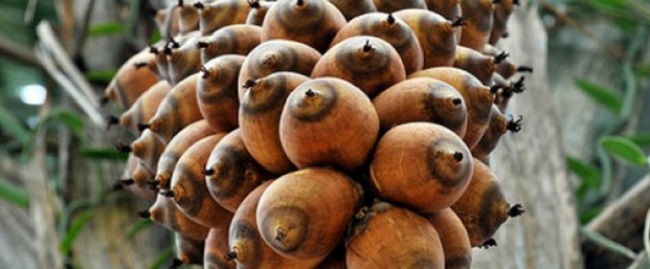
Image Source: www.hanimlarindunyasi.com
6Stinging nettle
Advertisement
Stinging Nettle like saw palmetto also contains anti-inflammatory and antioxidant properties. It is used often in combination with saw palmetto but research is yet to prove its impact on BH even though it is a popular natural remedy for the problem.
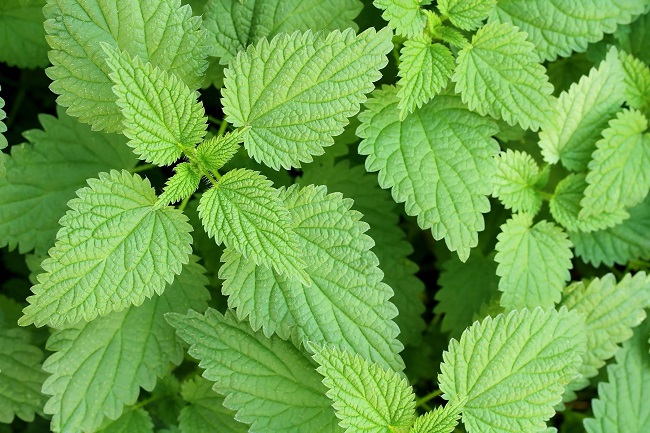
Image Source: wagwalkingweb.com
7Cucurbita pepo (pumpkin seed)
Advertisement
Pumpkin seeds contain a compound called beta-sitosterol which is similar to cholesterol. New research has found that the ingredient can improve urine flow and reduce the quantity of urine left in the bladder after micturition. Various studies advise consuming 10g of pumpkin extract daily.
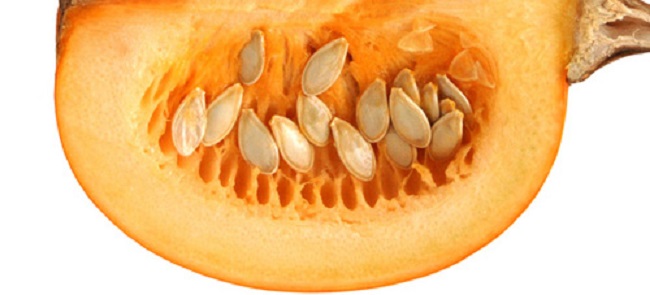
Image Source: www.punmiris.com
8Lycopene
Advertisement
Lycopene is an antioxidant found in several fruits and vegetables. One study has shown how it can retard the progression of BPH. The richest source of lycopenes is tomatoes and the pinker the fruit the more it will contain lycopene. Other sources of lycopene are carrots, guava, watermelon, pink grapefruit and papaya.
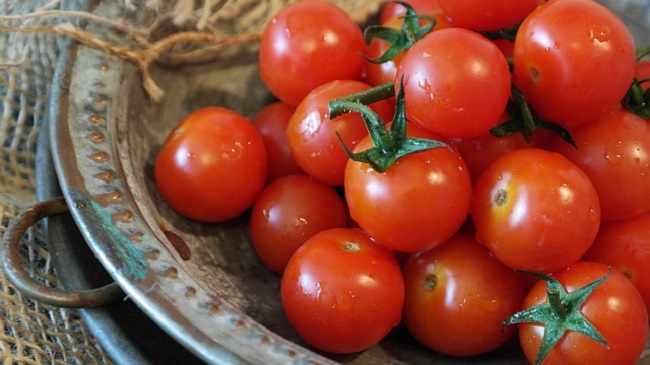
Image Source: pixabay.com
9Zinc
Advertisement
Zinc deficiencies have been linked to risk of BPH and zinc supplements or dietary sources can help the symptoms of irregular urination associated with BPH. Rich sources of zinc are seafood, poultry, sesame seeds, pumpkin seeds.
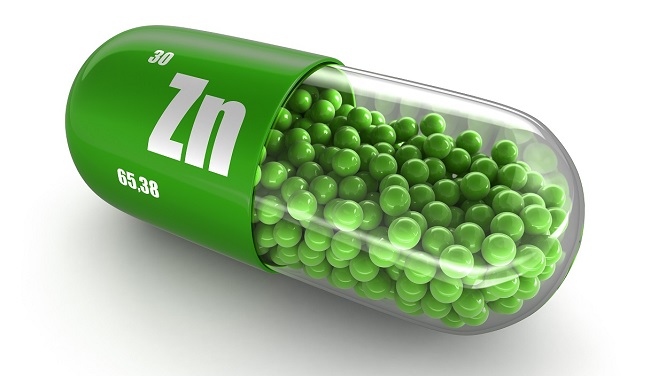
Image Source: kalasend.ir